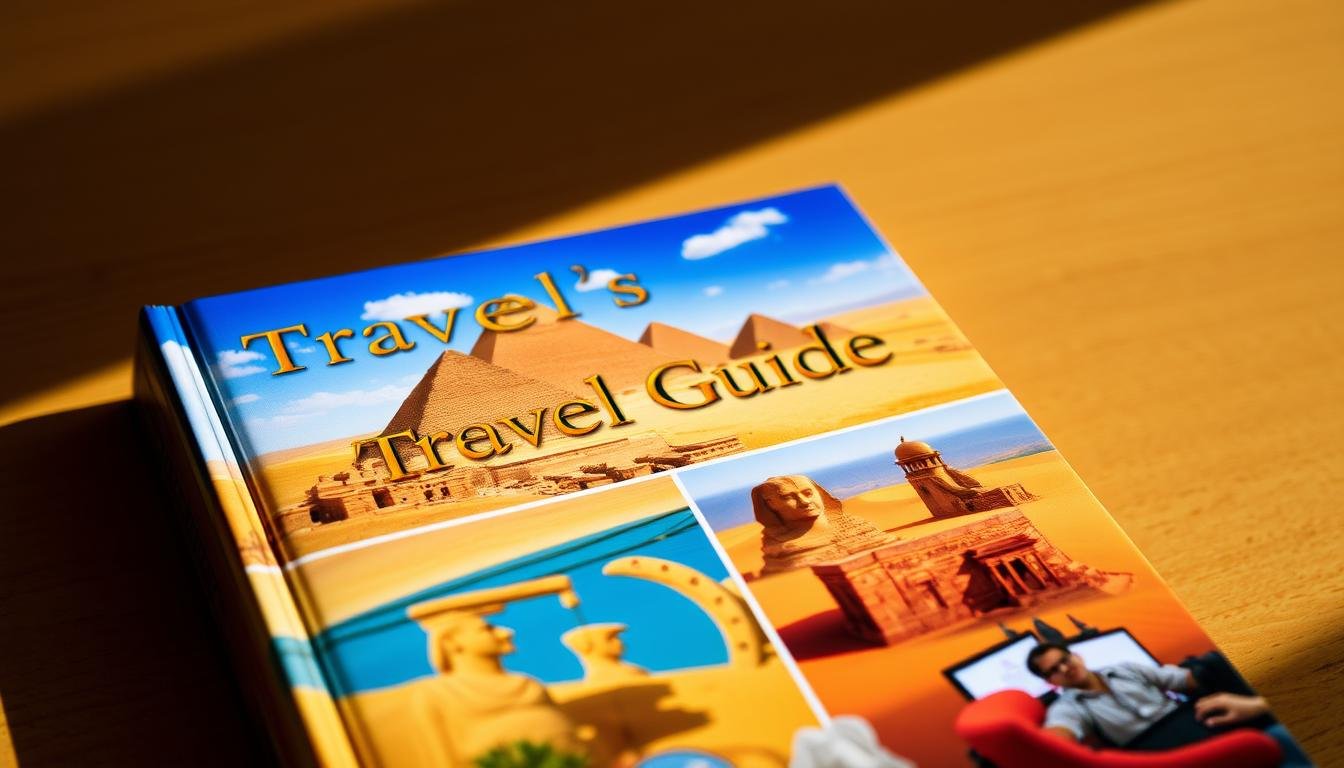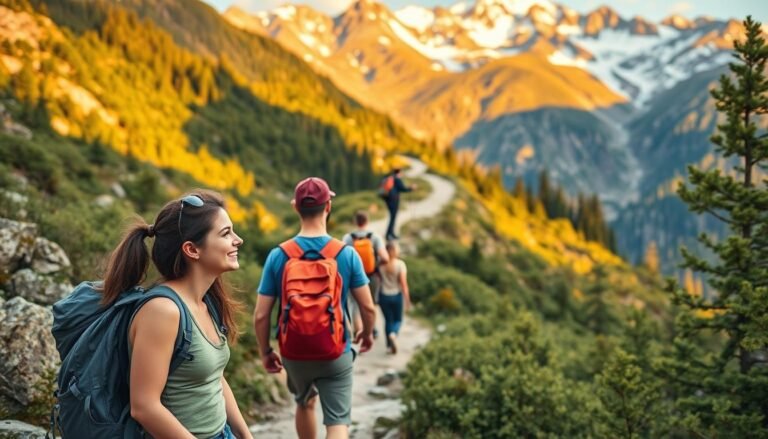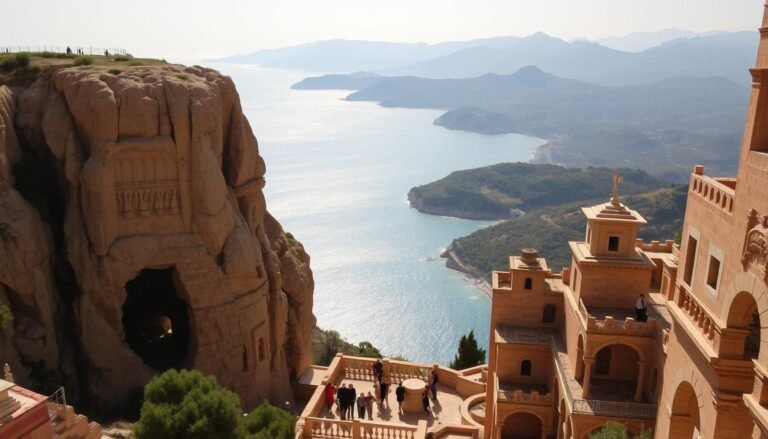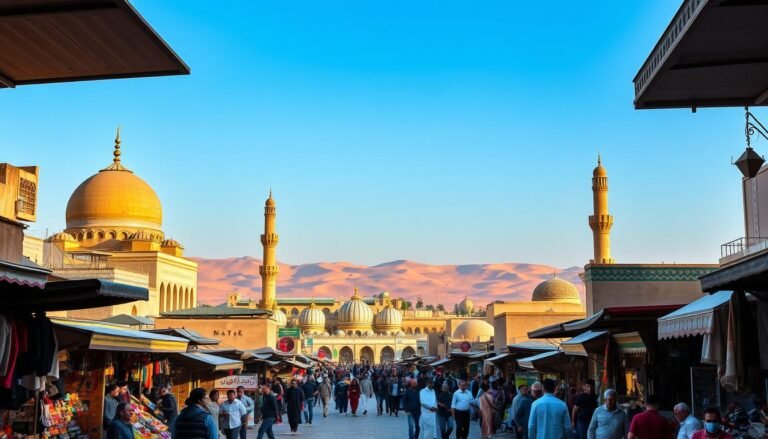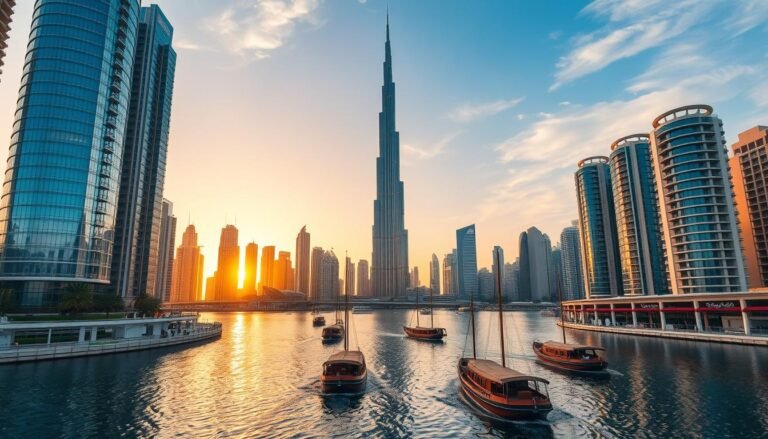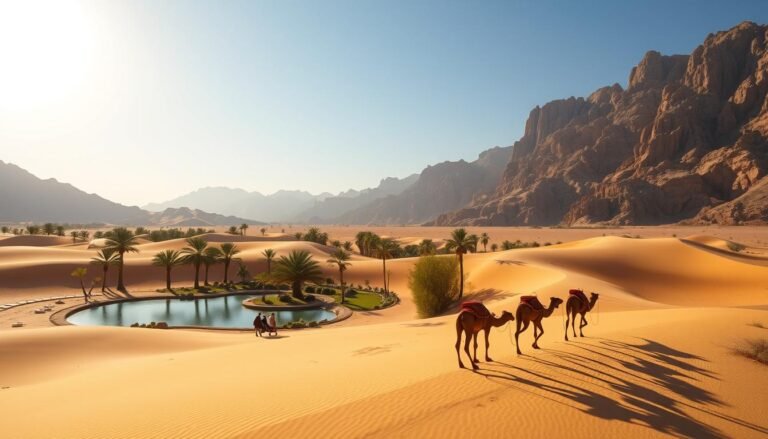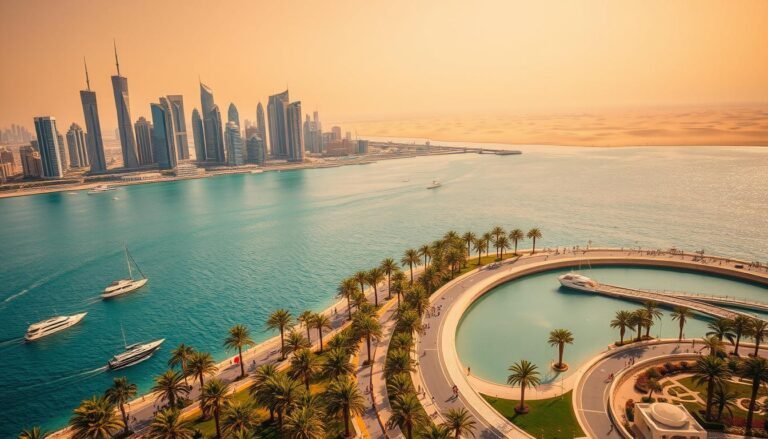Plan Your Trip to Egypt: Go to Egypt
Embarking on a trip to Egypt offers an unparalleled opportunity to delve into one of the world’s most fascinating ancient civilizations. With its iconic pyramids, temples, and rich cultural heritage, Egypt is a destination that promises an unforgettable experience.
Whether you’re looking to sail down the Nile on a traditional felucca, explore the bustling streets of Cairo, or relax on the Red Sea coast, this comprehensive travel guide will provide you with the essential advice to navigate your journey smoothly.
From cultural etiquette to safety considerations, our guide ensures that your adventure is not only memorable but also respectful of local customs and traditions.
Best Time to Go to Egypt
Planning a trip to Egypt requires understanding the best time to visit this ancient land. The country’s climate varies significantly throughout the year, impacting the comfort and enjoyment of exploring its historical sites.
Seasonal Weather Patterns
Egypt’s climate is generally warm and sunny, but the temperature varies between seasons. The best time to visit is between October and April when temperatures are more moderate, ranging from 70-75°F (21-24°C) in Cairo, making it ideal for exploring outdoor archaeological sites.
The summer months, from May to September, are characterized by intense heat, especially in southern regions like Luxor and Aswan, where temperatures can soar to 104°F (40°C). However, this period also offers fewer crowds and lower prices, making it a viable option for budget-conscious travelers.
Peak vs. Off-Peak Travel Periods
Understanding Egypt’s peak and off-peak travel periods can help you plan your trip more effectively. The peak season, from mid-October to May, is ideal for sightseeing due to the pleasant weather. In contrast, the off-peak season, which includes the summer months, offers significant discounts, making it an attractive option for those looking to save money.
| Travel Period | Weather | Advantages |
|---|---|---|
| Peak Season (Oct to Apr) | Moderate temperatures (70-75°F/21-24°C) | Ideal for sightseeing, comfortable exploration |
| Off-Peak Season (May to Sep) | High temperatures (up to 104°F/40°C) | Fewer crowds, lower prices, Nile cruises benefit from river breeze |
| Winter Days (Dec to Feb) | Cooler days, cool nights | Ideal for archaeological site exploration, pleasant Nile cruises |
When planning your trip, it’s also essential to consider religious holidays like Ramadan, which may affect opening hours and service availability. Checking the Islamic calendar can help you prepare for any potential disruptions during your visit.
Essential Pre-Trip Planning
To ensure a smooth journey to Egypt, advance planning is key. This involves several crucial steps that will make your travel to Egypt a memorable experience.
Visa Requirements and Application Process
Almost all travelers, including visitors from the UK and the EU, need a visa to travel to Egypt. While it’s possible to get a visa on arrival, applying online in advance saves time at the airport. A single-entry tourist visa costs US$25 (£20).
If you plan to stay in the resort towns in Sinai for fewer than 15 days, you don’t need a visa; instead, you receive a ‘permission stamp’ in your passport upon landing at Sharm el-Sheikh International Airport.
Travel Insurance and Health Precautions
Comprehensive travel insurance is essential when visiting Egypt, covering medical emergencies, trip cancellations, and lost luggage. Verify that your policy includes coverage for activities you plan to undertake.
Consult with a healthcare professional at least 4-6 weeks before your trip to get up-to-date information on recommended vaccinations and health precautions for Egypt.
Before you travel to Egypt, ensure you’ve secured the appropriate visa, as most international visitors require one. Special permission arrangements exist for those staying exclusively in Sinai resort areas. Comprehensive travel insurance and health precautions are also vital. Consider hiring a knowledgeable guide for historical sites, as they provide valuable context and information.
What to Pack for Your Egyptian Adventure
As you prepare for your journey to Egypt, a predominantly Muslim country, dressing modestly and being prepared for the climate is key. Egypt’s conservative values mean that travelers should be mindful of their attire to respect local customs, particularly when visiting religious sites.
Clothing Recommendations for Cultural Sensitivity
Packing the right clothing is crucial for a respectful and enjoyable trip. It’s recommended to bring lightweight, breathable clothing that covers your shoulders and knees. Women should consider bringing a scarf or shawl to cover their heads when entering mosques or other religious sites. Being mindful of the local culture will not only make your trip smoother but also enhance your experience by showing respect to the people and their customs.
Essential Items for Egyptian Climate and Conditions
Egypt’s climate can be quite harsh, with intense sunshine and varying temperatures. To stay safe and comfortable, don’t forget to pack sun protection essentials like high-SPF sunscreen, sunglasses, and a wide-brimmed hat. It’s also vital to have access to safe drinking water; consider bringing a reusable water bottle with a built-in filter, such as those from Lifestraw, as tap water is not safe to drink throughout the country. Keeping these essentials in mind will help ensure a pleasant trip.
By being prepared and packing appropriately, you’ll be able to fully immerse yourself in the rich history and culture of Egypt, enjoying the hospitality of its people while exploring this fascinating country.
Money Matters in Egypt
To fully enjoy your Egyptian adventure, it’s essential to grasp the local money matters. Managing your finances effectively will allow you to focus on the rich history and culture that Egypt has to offer.
Currency and Payment Options
The official currency of Egypt is the Egyptian pound (EGP). While credit cards are accepted at upscale establishments, cash is the preferred method of payment for most daily transactions, markets, and smaller businesses. It’s advisable to have some local currency for when you arrive.
ATMs are widely available in tourist areas and major cities, allowing you to withdraw Egyptian pounds as needed. Be mindful of the fluctuating exchange rate and consider bringing some US dollars for bigger expenses, as they are widely accepted.
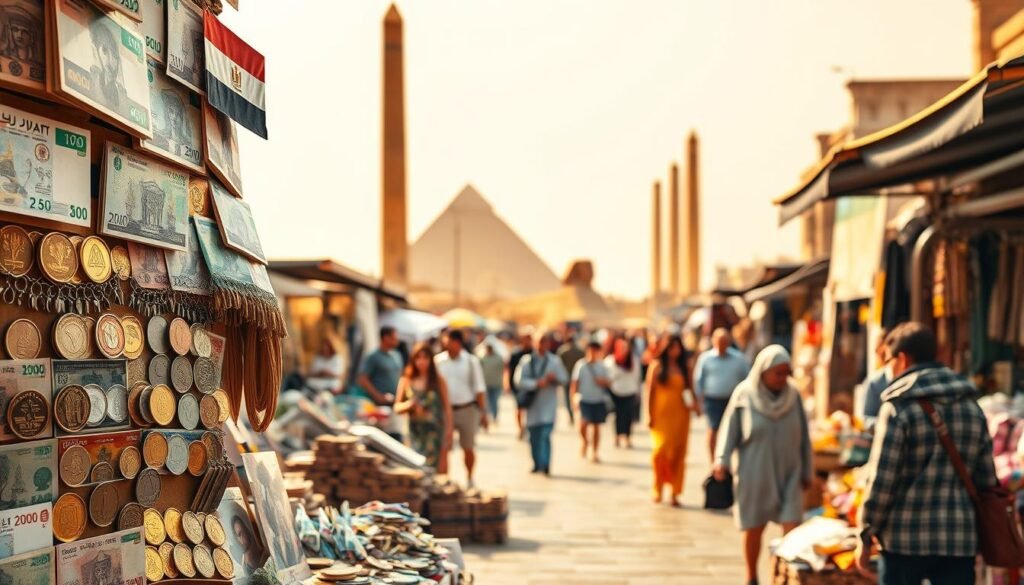
Understanding Tipping Culture (Baksheesh)
Tipping, or “baksheesh,” is an integral part of the Egyptian culture. It’s customary to tip nearly everyone you interact with, from bathroom attendants to tour guides. Keeping small change handy is essential for these situations.
| Service | Typical Tip Amount |
|---|---|
| Restaurant Service | 5-10% of the total bill |
| Bathroom Attendants | 5-10 EGP |
| Tour Guides | 10-20% of the tour cost |
Understanding these tipping customs will help you navigate Egypt with ease and show respect for the local culture. Always keep some small change on hand to tip for various services, and be prepared to negotiate prices in markets and with street vendors.
Transportation and Getting Around Egypt
Getting around Egypt can be an adventure in itself, with multiple transportation modes available. One of the most iconic ways to experience Egypt’s ancient wonders is by taking a Nile cruise. These cruises typically operate between Luxor and Aswan, offering a relaxing way to enjoy the scenic views and historical sites.
Nile Cruises and River Travel
Nile cruises are a popular choice among travelers, with most operating between Luxor and Aswan. Some longer cruises are available from Cairo, offering a more extensive journey along the Nile. Standard cruises usually last 3-4 nights, while luxury cruises can extend to 7 nights or more, providing varying levels of amenities and on-board experiences.
Domestic Flights and Train Travel
For faster travel between major destinations like Cairo, Luxor, Aswan, and Red Sea resorts, domestic flights are a convenient option. EgyptAir offers regular connections at reasonable prices. Alternatively, Egypt’s train network is extensive and affordable, with overnight sleeper trains connecting Cairo to Luxor and Aswan being particularly popular among travelers.
Local Transportation Options
For local transportation, consider using ride-hailing apps like Uber or Careem in major cities to avoid haggling over fares with traditional taxis. Many travelers also opt for organized tour packages that include transportation between sites, eliminating logistical headaches and providing valuable context through knowledgeable guides.
Top Destinations When You Go to Egypt
From ancient pyramids to vibrant cities, Egypt is a country that seamlessly blends past and present, offering a diverse range of experiences for travelers.
Ancient Wonders: Pyramids, Temples and Tombs
Egypt is home to some of the world’s most incredible ancient sites, including the Giza Pyramid Complex, home to the Great Pyramid and the enigmatic Sphinx, which remains one of the Seven Wonders of the Ancient World. Luxor, often called the world’s greatest open-air museum, houses an incredible concentration of archaeological sites including Karnak and Luxor temples on the East Bank and the Valley of the Kings with its elaborate royal tombs on the West Bank.
Abu Simbel, featuring the colossal temples of Ramses II and Queen Nefertari, represents one of ancient Egypt’s most impressive architectural achievements, dramatically relocated to higher ground when Lake Nasser was created.
Cairo and Urban Experiences
Cairo offers more than just proximity to the pyramids – the Egyptian Museum (or the new Grand Egyptian Museum when it opens), Islamic Cairo with its historic mosques, and the bustling Khan el-Khalili bazaar provide rich urban experiences. Visitors can explore the vibrant city, discovering its many cultural and historical areas.
Red Sea Resorts and Coastal Attractions
The Red Sea coast features world-class diving and snorkeling destinations like Sharm El-Sheikh, Hurghada, and Dahab, where vibrant coral reefs and diverse marine life attract underwater enthusiasts from around the globe. These Red Sea resorts offer a range of activities and relaxation options, making them perfect for a varied vacation. The Red Sea area is known for its beautiful beaches and crystal-clear waters.

When planning your itinerary, allow sufficient time at major archaeological sites and temples – rushing through these vast areas means missing the intricate details and atmospheric qualities that make them truly special. Exploring these tombs and historical locations will enrich your understanding of Egypt’s rich history.
Cultural Etiquette and Travel Tips
When traveling to Egypt, understanding the local culture is crucial for a respectful and enjoyable trip. Egyptians are known for their hospitality, and visitors can have a more meaningful experience by being aware of certain cultural norms and practices.
Do’s and Don’ts for Respectful Travel
To navigate Egypt’s cultural landscape, visitors should engage with local people respectfully. Learning a few basic Arabic phrases, such as “Sabah el kheir” (good morning) or “Shukran” (thank you), can go a long way in showing respect. It’s also important to dress modestly, especially when visiting religious sites. On the other hand, avoid talking to people who approach you with unsolicited offers of services, as it’s safer to use registered tour operators. Public displays of affection are generally frowned upon, so couples should limit physical contact in public.
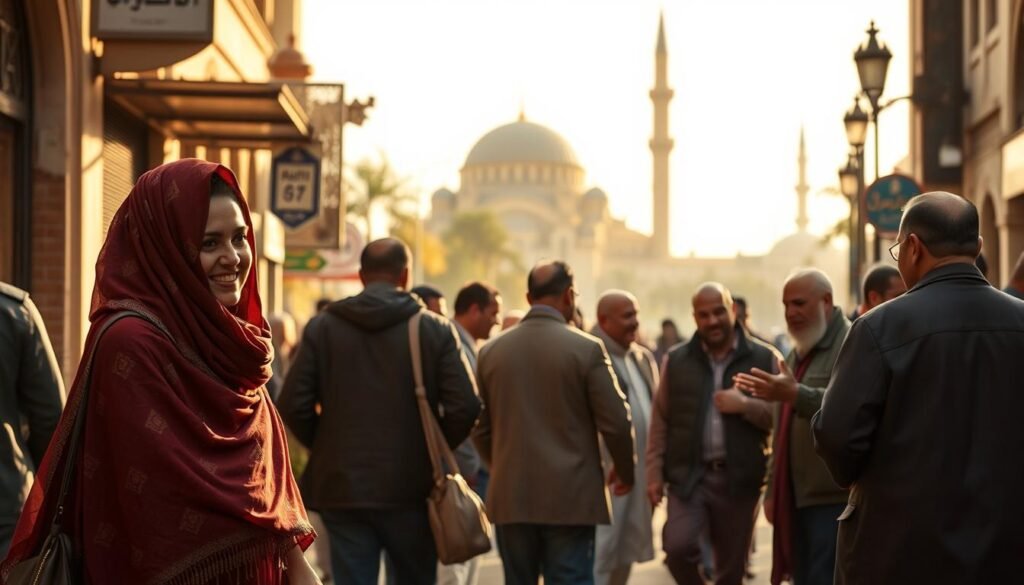
Safety Considerations for Tourists
While Egypt is a wonderful destination, tourists should remain vigilant, especially in crowded areas. Pickpocketing can occur, and scams are not uncommon. Female travelers, in particular, may experience unwanted attention, but dressing conservatively and traveling in groups can help minimize these interactions. By being aware of these potential issues, visitors can take necessary precautions to stay safe and enjoy their time exploring Egypt’s many wonders.
Conclusion
With its rich history and breathtaking landscapes, Egypt is a destination that promises an unforgettable trip. As you plan your tours to this fascinating country, consider the various places you wish to visit and the experiences you want to have. Using this guide as your starting point, you can navigate the complexities of travel in Egypt with ease. Whether you opt for independent travel or organized tours, your adventure in Egypt will be filled with memories, from the majestic pyramids to the serene Nile cruises, making it a trip of a lifetime to cherished places.
By being mindful of local customs and planning accordingly, you can ensure a smooth and enriching journey. So, embark on your Egyptian adventure with confidence, using this guide to explore the many wonders of this incredible country, and make your trip truly unforgettable.

